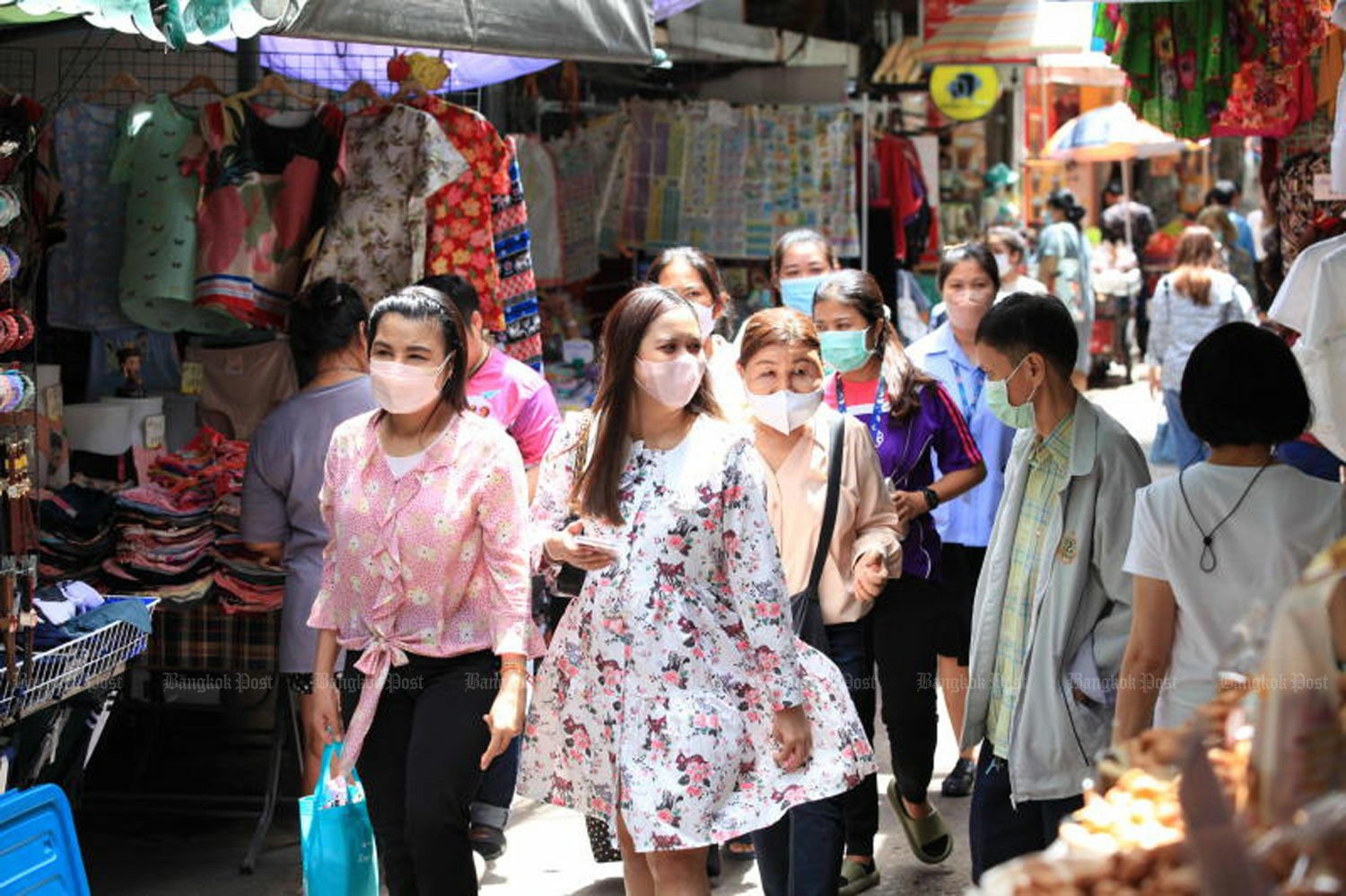Consumer confidence hits 47-month high amid economic recovery

January saw a significant rise in consumer confidence, reaching the highest level in 47 months due to the ongoing economic recovery, according to a statement by Fiscal Policy Office (FPO) Director-General Pornchai Thiraveja.
The consumer confidence index marked its sixth consecutive month of growth, reaching 62.9, a slight increase from 62.0 in December. This growth is indicative of improved domestic consumption, as passenger car sales experienced a year-on-year rise of 2.4% and a month-on-month increase of 9.4% after adjusting for seasonal effects.
However, newly registered motorcycles saw a year-on-year decrease of 1.8%, despite a month-on-month growth of 7.6% after seasonal adjustments. Similarly, value-added tax saw a year-on-year decline of 2.7%, but an increase from the previous month by 1.1% after seasonal adjustments.
On the positive side, real farm income saw a year-on-year expansion of 0.6%. The tourism sector, private consumption, and merchandise exports, which have been expanding for six consecutive months, also contributed to the overall economic improvement in January, reported Bangkok Post.
Private investment, on the other hand, showed signs of slowing down compared to the previous month. The FPO will be closely monitoring both external and internal factors impacting the manufacturing sector, as indicated by Pornchai.
Further negative signals were observed in private investment, with a 26.5% year-on-year decline in the volume of commercial vehicle sales. Investment in construction, as reflected by domestic cement sales, also experienced a 7.2% year-on-year decline. Moreover, the real estate transaction tax witnessed a 3.3% drop compared to the same period the previous year.
On a brighter note, foreign tourist arrivals reached 3.04 million, marking a 41.5% increase from the same period last year. The majority of these tourists originated from China, Malaysia, South Korea, Russia, and India.
Furthermore, the value of merchandise exports, increasing for six consecutive months, hit US$22.6 billion in January, marking 10% year-on-year growth.
Inflation trends saw headline inflation contracting by 1.11%, while the core inflation rate was recorded at 0.52%.
Regarding economic stability, public debt at the end of December accounted for 61.3% of GDP. This level is still considered under control following the 2018 State Financial and Fiscal Discipline Act.
As for external stability, the situation remains stable and is capable of supporting risks stemming from global economic volatility. This stability is reflected in the country’s international reserves at the end of January, totalling US$222 billion.
Latest Thailand News
Follow The Thaiger on Google News:


























